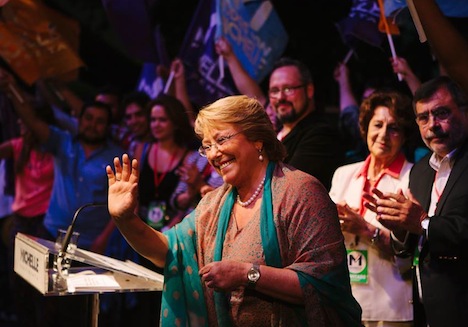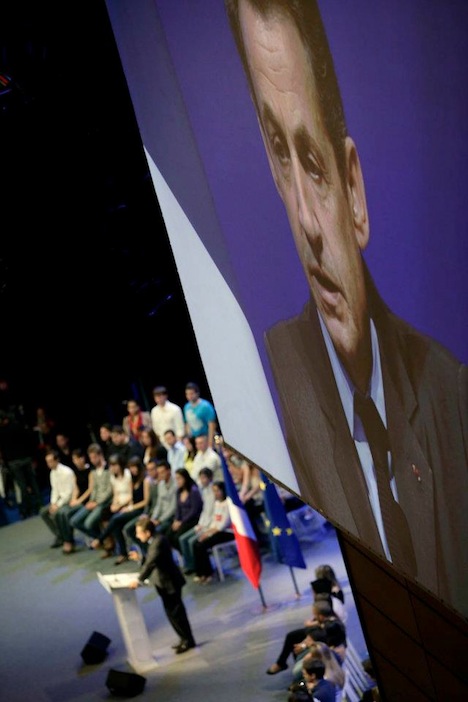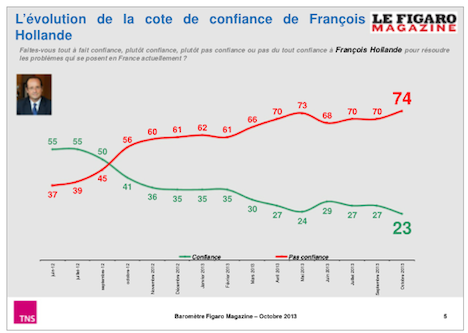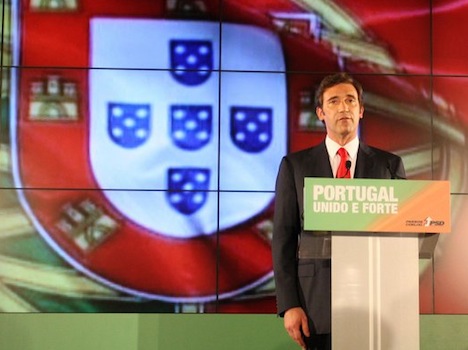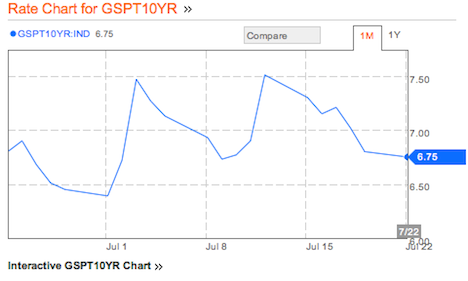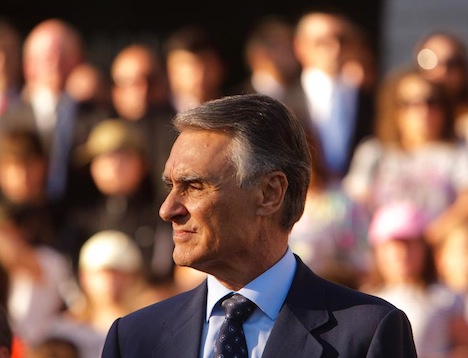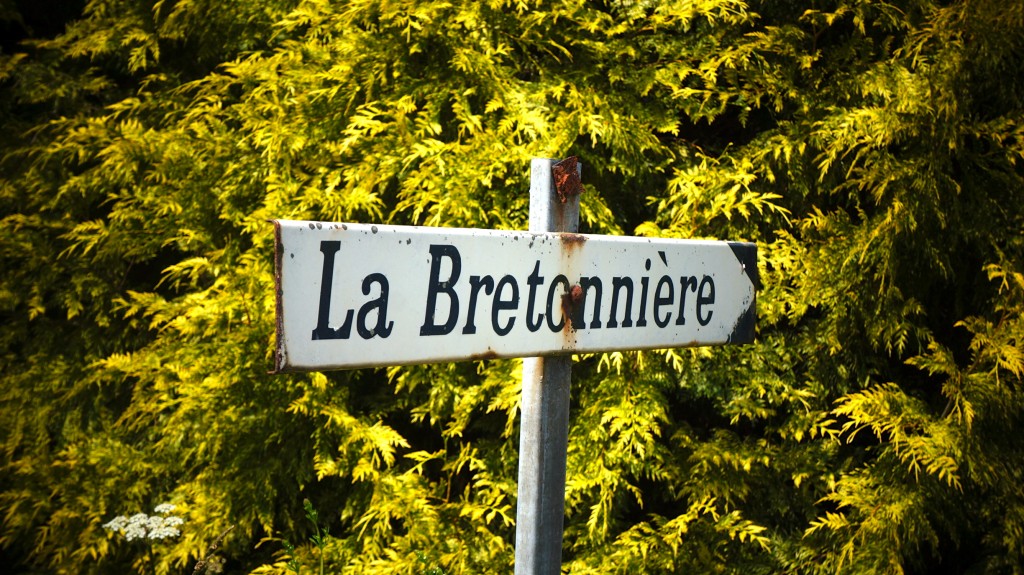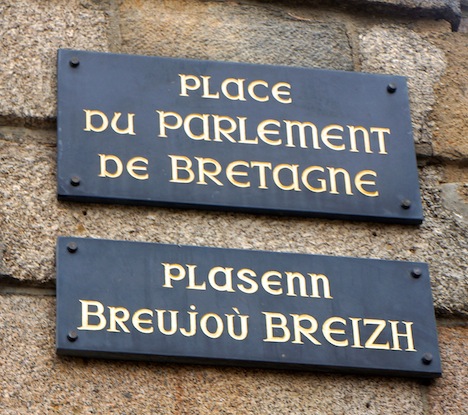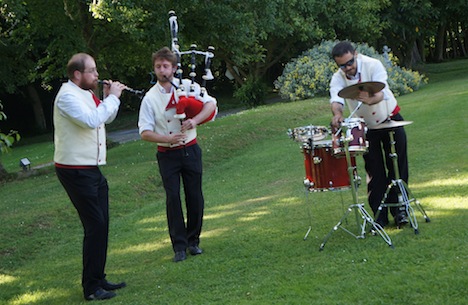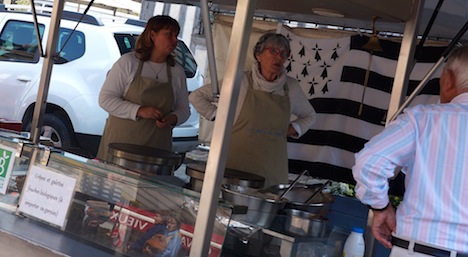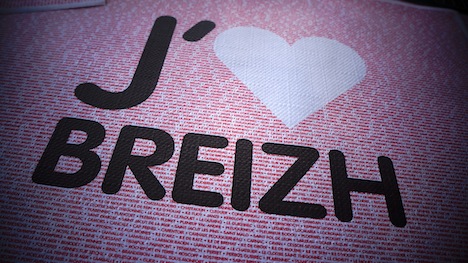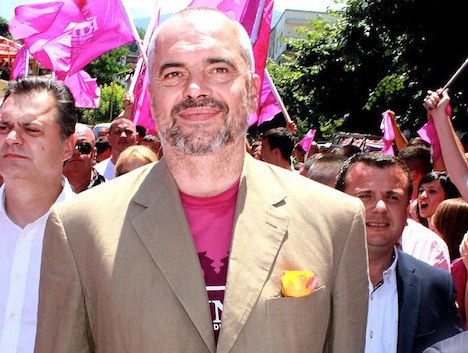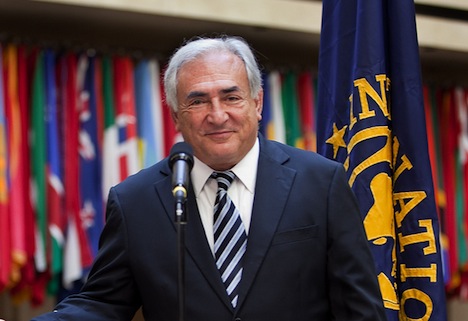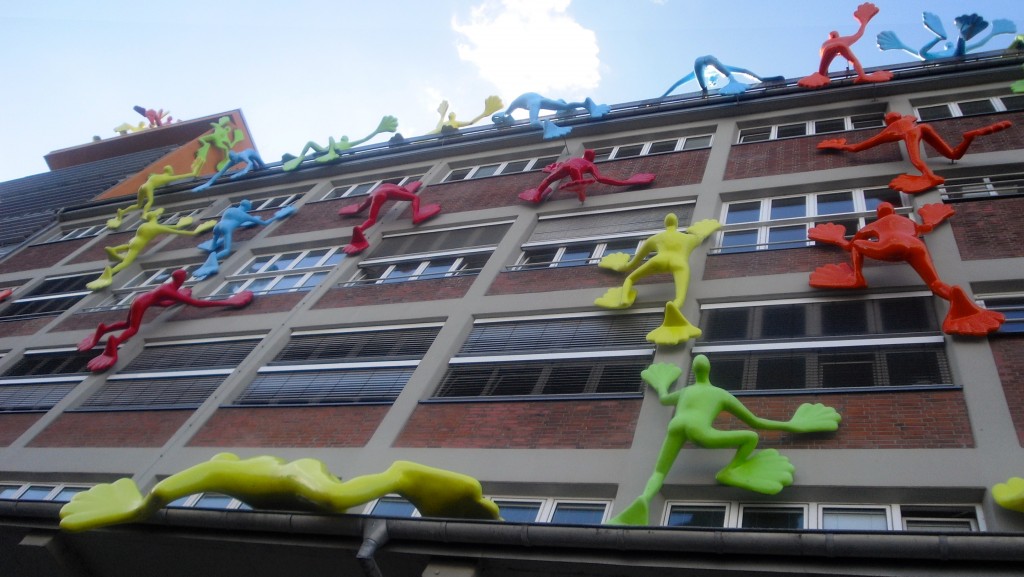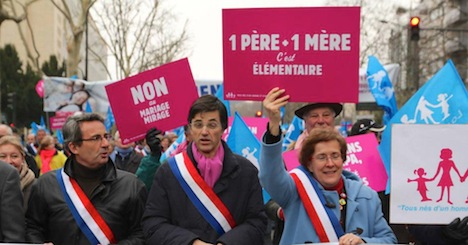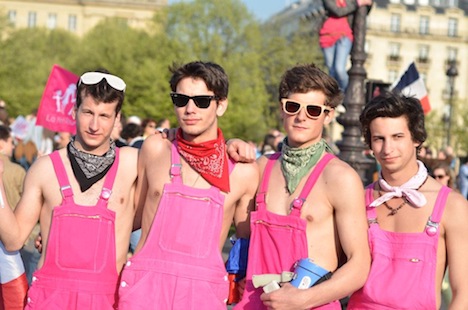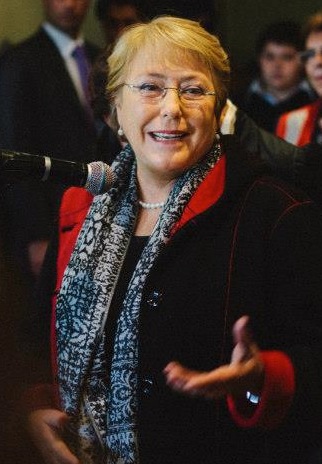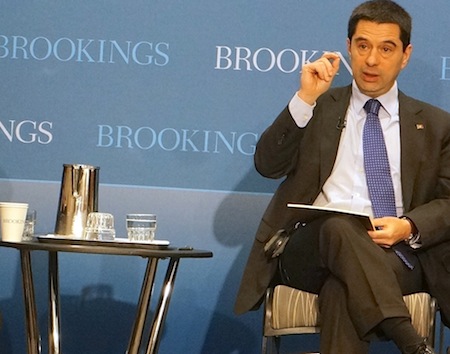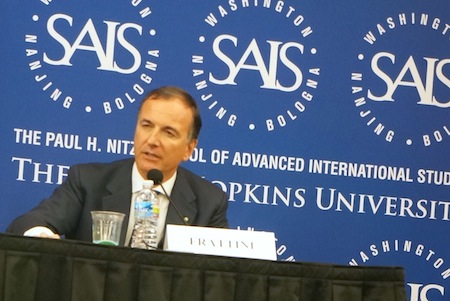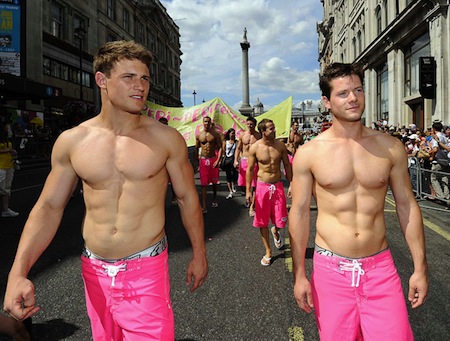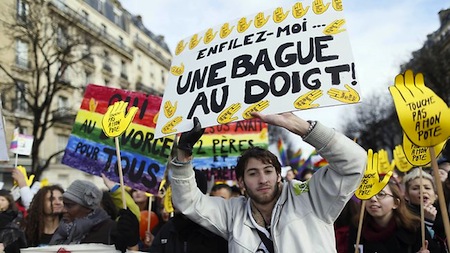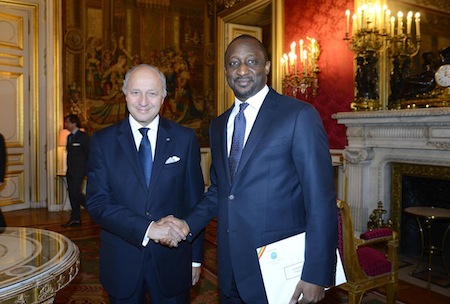Michelle Bachelet, Chile’s president between 2006 and 2010, pulled off Sunday what no other Chilean president has done since the return of democracy in the post-Pinochet era — win a second, non-consecutive term.![]()
To draw a contrast to the United States, only one president managed to return to the White House after leaving it — Grover Cleveland, who served two non-consecutive terms in the 1880s and the 1890s, though he’s routinely ranked among the more forgettable and inconsequential of US presidents. Although it’s an inexact analogy (US presidents have never been barred from holding two consecutive terms the way that Chilean presidents are), Bachelet now faces the challenge of becoming one of Chile’s transformational 21st century leaders — in short, her challenge is not to become Chile’s Grover Cleveland.
Her return as president follows a four-year interregnum of government by Chile’s center-right — and in Sebastián Piñera, a president who represented the most moderate tendencies of the Chilean right, largely unsullied by association with the 17-year military regime of Augusto Pinochet. Piñera’s term has been marked by relatively robust economic growth and sound government, even if Piñera himself hasn’t always been the most effective advocate for his own administration. That became especially clear as Piñera seemed to lose control of the tussle between his government and student protesters throughout his term in office.
Moreover, the center-right did itself no favors in the process of nominating a candidate to succeed Piñera — the initial resignation of frontrunner Laurence Golborne last spring over private-sector scandal, the subsequent primary fight within the Chilean right between the more moderate Renovación Nacional (RN, National Renewal) and the more conservative Unión Demócrata Independiente (UDI, Independent Democratic Union), the sudden withdrawal of the primary winner Pablo Longueira, and his hasty replacement with former labor minister Evelyn Matthei as the standard-bearer of the fractured center-right Coalición por el Cambio (Coalition for Change) — widely referred to as the Alianza por Chile (Alliance for Chile).
But even in a parallel universe where a united Alianza backed a scandal-free Golborne, Bachelet was always deemed the favorite to win the Chilean presidency. Furthermore, though Bachelet nearly routed Matthei in the first round (46.70% to 25.03%), she won a nearly two-to-win landslide against Matthei in Sunday’s runoff (62.16% to 37.83%). But as Bachelet prepares to return to La Moneda, she should fear that the same forces that rendered the Piñera administration so unpopular could also render her second term even more unpopular, especially after raising such high expectations in her successful second-term presidential campaign.
Part of the problem is that her constituency today covers a wider portion of Chile’s political spectrum than it did in her first victory eight years ago. Continue reading Bachelet’s most tenacious second-term foe? Lofty expectations.
